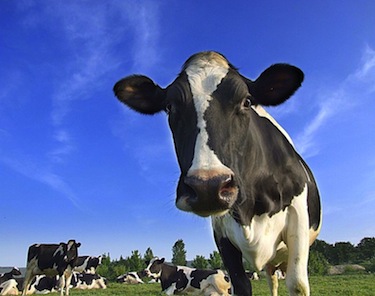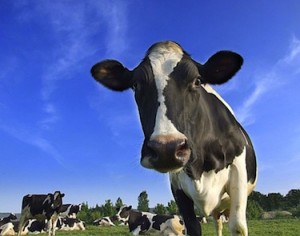As Donegal’s farming community comes to terms with a 5% fall in income in 2014, a Teagasc report has warned that incomes could drop by as much as 25% next year.
Dr Thia Hennessy of Teagasc says farm incomes could be down by up to 25% across the entire farming sector in 2015, but says this will be heavily influenced by the forecast drop in dairy prices.
At the same time beef farmers are getting higher prices towards the end of the year with some factories hitting a base payment close to €4 per kilo.
This increase is due to market demand and it is not clear how long these increases will last. A gap of €170 per head exists between equivalent cattle prices in Northern Ireland and the Republic, according to latest figures from the Livestock and Meat Commission in Northern Ireland (LMC).
The LMC figures also suggest the gap has closed a significantly in recent weeks with prices in the South showing a marked increase towards the end of 2014.
The Tirconail Tribune reports today that this year has proven to be one of the most challenging periods for Donegal farmers in recent memory with many facing difficult financial realities in the New Year as credit tightens around their enterprises.
Beef prices of €4/kg are seen the target price need for a break-even situation. And the price is likely to increase marginally in the New Year as demand begins to exceed supply as the national herd numbers fall substantially.
Eddie Downey, the IFA leader has highlighted the fact that farm incomes are down 5% in 2014 completely hides the real income crisis in the livestock sector and conceals the fact that the latest income fall comes on top of cuts in the order of 13% to 22% in 2013, when livestock incomes ranged from €9,469 to €15,595.
Eddie Downey said the stark reality of the situation is that most livestock farmers suffered a price cut ranging from €150 to €200 per head on finished cattle all year and lost money.
Farming remains Donegal’s singular most important industry with an agricultural output valued in the region of €210 million across the county’s 9,240 farm holdings.
IFA sources also point to the additional output created from farming at €151million with a further output of €48 million in fish farming. At the same time the value of agricultural exports arising from the farming output in county is put at €294 million.
Eddie Downey said the Christmas market demand for beef, especially in our main market in the UK, was particularly strong, where prices have reached the equivalent of €4.75/kg for R3 grade steers. He said with all of the grass cattle gone at this stage, farmers selling cattle out of sheds need to see prices kick in order to make a margin. A lot of different deals on prices are being done to get cattle, ranging from a base price of €4.00/kg for heifers to an all-in price of €4.10/kg for R grade steers in some outlets.
At a meeting with the Minister for Agriculture Simon Coveney in Dublin this week, Eddie Downey said it is vitally important that all of the agreed outcomes from the Minister’s Beef Forum are fully implemented by the factories. Eddie Downey said he raised a number of issues with the Minister where some meat plants have imposed dual base prices around non Quality Assured stock and weight penalties contrary to what was agreed at the Beef Forum. Eddie Downey told the Minister that this is a very serious issue that he must take up with directly with MII and the factories.
Eddie Downey said the Beef Forum outcome is very clear and states “processors agree there will be no dual base pricing for steers or heifers in individual processing plants, by breed, age or weight or Quality Assurance status.” The Beef Forum outcome also states, “Processors will agree not to impose any price penalties on any animals based on weight up to 31st December 2015.”
He said, “Irish farm families, like those all over the world, do a vital job and play a pivotal role in the economic wellbeing of rural communities where agriculture represents the backbone of their economies.
Every family in Ireland and across the globe depends on the output of family farms for their very being and today is an opportunity for everyone to recognise this and to draw attention to the fact that food security can no longer be taken for granted”.
He said a combination of extreme price volatility, escalating input costs that bear no relationship to farm market returns, reduced EU support in real terms for productive farming, inequity in a food supply chain and a never-ending assortment of costly political and societal bureaucratic interference is sapping income and profitability out of family farming.
The IFA President said that farming is a labour-intensive business and the EU farm family model must be protected as it is the most effective way of delivering food security for Europe’s 500m citizens and the rapidly growing populations across the globe. “The simple fact is that many hard- working Irish and EU farm families are no longer getting a fair reward for the vital job they do for all of society.”
Tags:









